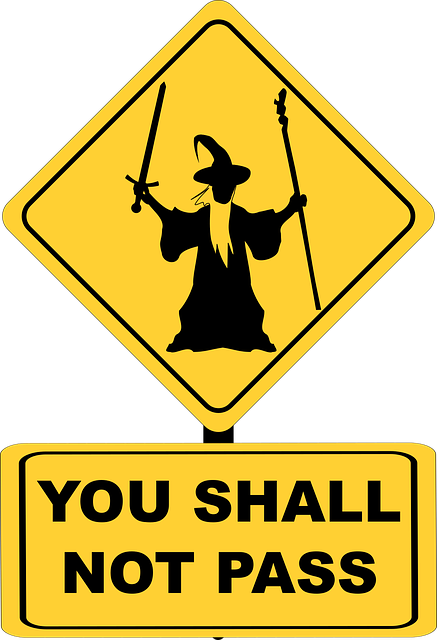When making offers and suggestions in questions, we can use shall.

Shall I take that for you?
Shall we go there today?
We can also use the negative shan’t.
Shan’t we try?
You shan’t go to the ball!
Employees shan’t work flexi-time during normal times.
Shan’t is a contraction of shall not and is quite formal. More often than not we use won’t as it works in both formal and informal constructions:

They won’t listen to me.
Why wont you listen.
I won’t try that.
Won’t we go to lunch on Tuesday? (more formal)
Shall and shan’t can sound quite formal.
Shall also sounds polite:

Shall I open the door?
Shall I do this?
What shall I do first; this or that?
Responding
Questions and suitable responses
Q. Shall I do this? (neutral)
A. You shall (most formal)
A. You could (neutral)
Q. Should one do this? (very formal)
A. One should (very formal)
A. Maybe/yes/of course (neutral)
History
Historically shall was used with first person pronouns to form future tenses:
You shall go to the ball! (famous line form a fairy tale and is said for effect)
So, I shall I go to work now. (still used but sounds dramatic)
So I decided, I shall go shopping after work on Friday and then go and have a beer. (again possible to use now but sounds dramatic)
_____
We specialise in online English classes.
We teach all levels of students.
All classes are provided by a British CELTA qualified teacher.
Legal English classes are provided by a CELTA UK qualified teacher and lawyer.
________
How about you?

Using shall or shan’t can you describe your day, week or life in general?
Can you think of any other uses for shall?
How can we help you with your English studies?
Single classes, packages and study plans available.

